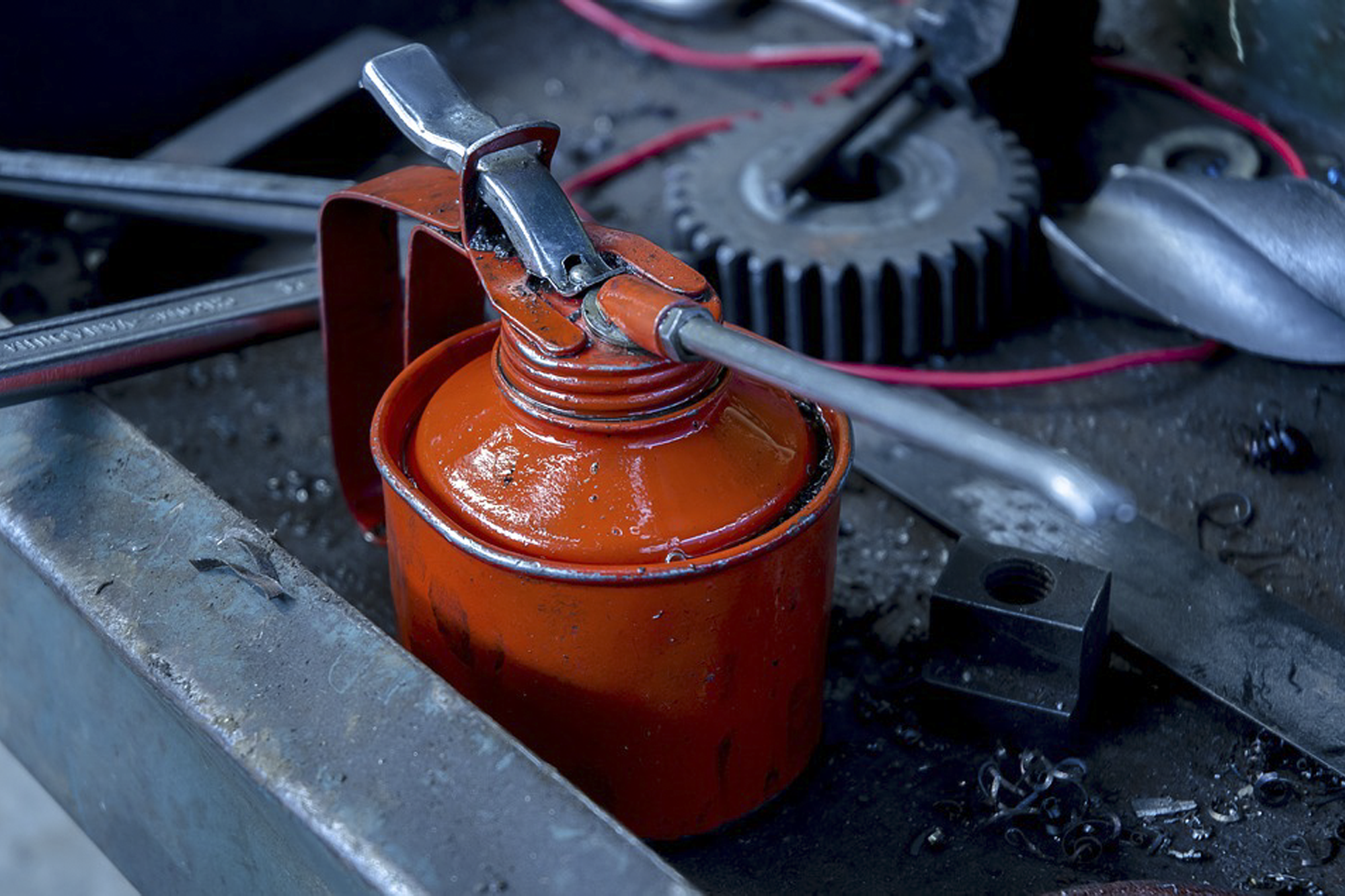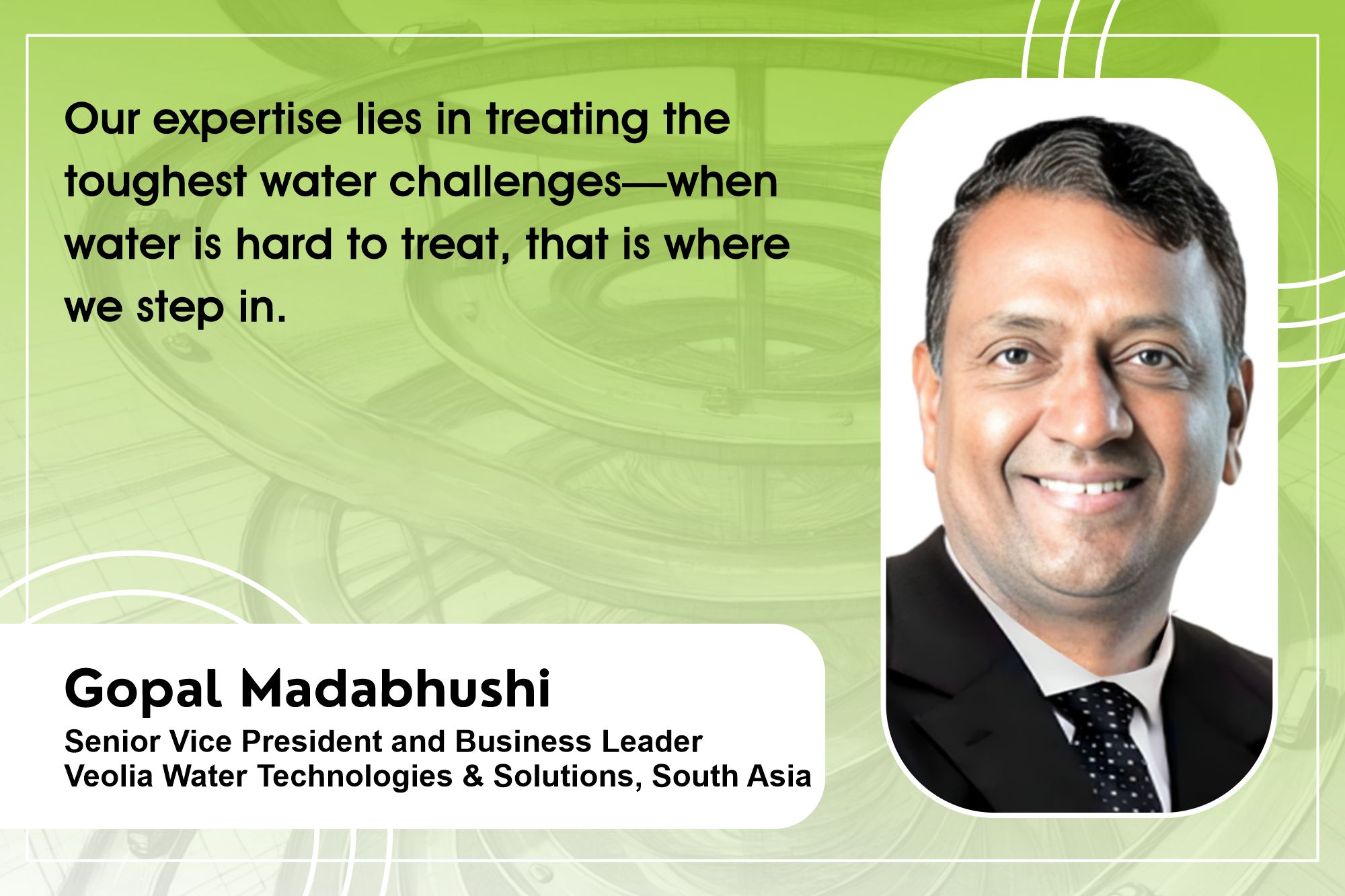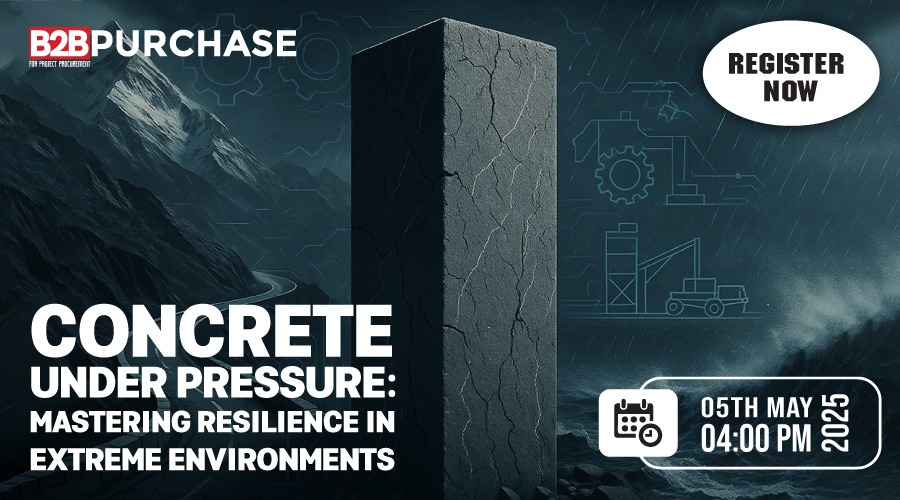Water scarcity will soon become a reality
By Edit Team | December 2, 2019 8:49 am SHARE

A shift in attitude towards water conservation, wastewater treatment and wastewater management could however help tackle India’s water crisis.
As water scarcity fast becomes a reality, conserving and efficiently using water has become the need of the hour. The heartening news is that awareness about conservation and wastewater treatment has been increasing across stakeholders. While the government has made wastewater management a part of regulatory requirements, industries, including the Godrej Group, are actively taking steps for conservation and proper utilisation of water
The global water crisis is not a new story, but it is one that shows no sign of ebbing either. India has also been facing the brunt: while Chennai ran out of water earlier this year, parts of the country have been grappling with drought-like conditions. The Composite Water Management Index (CWMI) report released by the NitiAayog in 2018 also paints a grim picture: 21 major cities including Delhi, Bengaluru and Hyderabad are racing to reach zero groundwater levels by 2020, which will affect 100 million people. Given the fact that the top 10 cities for economic growth by 2035 are expected to be in India, water scarcity is an issue that the country can’t afford right now.
Government support
As part of its Smart City Mission, the government aims to not just develop new cities, but also improve the infrastructure in existing ones. This includes an intense focus on water and wastewater management, which comprises of e-clusters, decentralised water treatment plants and reusing water to maintain urban greenery and biodiversity.
Wastewater management is now part of regulatory requirements for any new development. It is also a crucial component of environmental clearance, which is mandatory for projects. Local bodies have also been incorporating these wastewater management requirements in bylaws and approvals are given only after the developer adheres to them.
The last decade has seen a marked change in the governments’ approach and regulations are fast catching up with trends. This is expected to accelerate over the coming years, especially with governance becoming more transparent. Digitisation is also providing data about water quality, which the government is monitoring.
“Waste” need not be wasted
Another significant change seen over the years is an increase in awareness about preservation and usage of treated wastewater. It is no longer considered taboo to be used for various activities. In fact, apart from being used for landscaping and cleaning of roads, treated wastewater is also finding use in cooling towers or in construction.
All these factors have fuelled the growth of the water solutions industry in India: it is estimated to be worth $1 billion with an estimated growth rate (CAGR) of 12 per cent. However, technology and capacity are two crucial factors that will determine its actual growth.
Capital investments in the sector differ depending upon the technology used, but there are general brackets within which operating costs fall. For instance, in the case of domestic wastewater treatment (primarily the sewage treatment plant), the cost to treat 1,000 litres of water varies between Rs 20-25. This includes the cost for all consumables, manpower, electricity and chemicals.
However, for industrial effluent treatment, the cost varies from industry to industry. The end-use of the water-primarily determines the level of treatment required. If the water is to be used back in the process, then an extremely high level of treatment such as membrane technology is required. On the other hand, general treatment costs between ` 35-45 for 1,000 litres.
Utilising water the right way
Industries have also recognised the need to conserve water and treat wastewater in order to ensure that their businesses function smoothly. As a responsible corporate citizen, the Godrej Group included water positivity as one of the goals of its Good & Green sustainability strategy.
Though it isn’t a part of the wastewater treatment industry, the Group ensures proper utilisation of water in various ways. Godrej & Boyce has achieved water positivity through a combination of measures such as rainwater harvesting, sewage treatment, industrial effluent treatment and water recycling.
The Group ensures water efficiency not just in its manufacturing process, but even in all its products and services. For example, it promotes efficient usage of water in products like washing machines that it manufactures. It also tracks a product that uses water over its lifetime. All construction or development projects by Godrej follow green building principles, which include a focus on freshwater use reduction, wastewater recycling and rainwater harvesting. The goal is to ensure a systematic reduction of water consumption in all spheres.
The Godrej Group also believes in knowledge transfer with regards to conservation and sustainability. Thus, the Godrej Green Building Services, which provides green building consultancy services, ensures knowledge sharing on efficient water utilization for its customers. Through certifications like GreenCo for its various businesses, Godrej & Boyce have taken this learning to its key suppliers and partners encouraging them to take ups water-efficient practices as well.
Joining hands
Though the future seems grim with respect to the availability of water, yet there is hope. Cooperative efforts by all stakeholders and an integrated approach that helps maximise resource efficiency is a sustainable way of tackling the water crisis in the long run. n
Authored by
Tejashree Joshi.
Associate Gen Manager
(Environment & Sustainability)
Godrej & Boyce Mfg. Co. Ltd.
Cookie Consent
We use cookies to personalize your experience. By continuing to visit this website you agree to our Terms & Conditions, Privacy Policy and Cookie Policy.





































-20240213125207.png)

























